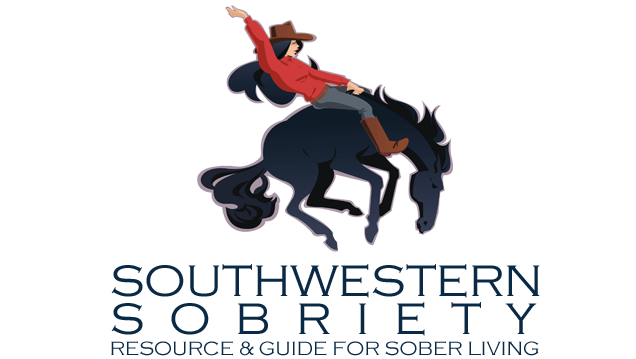
Many types of people can fall victim to this kind of addiction. It is therefore important to understand that there are many different types of drugs to which a person can become addicted. The three main classes of drugs are stimulants, depressants and opiods.
Stimulants are drugs that activate our nervous system. They increase our brain activity and make us more alert and energetic. Depressants do just the opposite: they act as a tranquilizer on the central nervous system and relaxes the mind and body. Opioids are pain killing drugs which can cause a euphoric or dream-like effect on the user.
The path to abusing prescription drugs is often a complicated one. Most abusers in fact do not start out intending to abuse a certain drug. In the majority of cases, they are prescribed a drug by their physician to treat an existing underlying condition, and over time, the person may develop a dependency on that drug or they may have poor coping skills for dealing with various emotional and physical issues.
For instance, a person may be prescribed antidepressants to treat a generalized social anxiety disorder. If the person is suffering from feelings of loneliness and depression due to their disorder, they may become prone to abusing the drug if the anxiety is not emotionally dealt with. In other cases, a person may use stimulants to gain energy to handle a demanding project or job; however, if they fail to use proper work-life balance, this can result in addiction as they continue to rely on stimulants to push themselves further.
Part of the problem is also over-diagnosing of certain prescription drugs. One example is oxycodene, an opiod, which is estimated to be prescribed by physicians over six million times a year, mostly as a sedative.
As we can see, these types of addictions are both common and life-threatening. Any prescription drug use needs to be carefully monitored by a physician for the correct dosage. Those who fear that a family member has developed an addiction to a drug should seek immediate help.

